
Book Review | The Cholas by S Krishnan
T.S. Krishnan’s The Cholas is a richly detailed account of the Chola empire as visionaries who fused political might, spiritual depth, and cultural brilliance into a lasting legacy.
Dhīti is a blog for long form essays, expressions of civilizational voice, cinema and literature review, and more.

T.S. Krishnan’s The Cholas is a richly detailed account of the Chola empire as visionaries who fused political might, spiritual depth, and cultural brilliance into a lasting legacy.
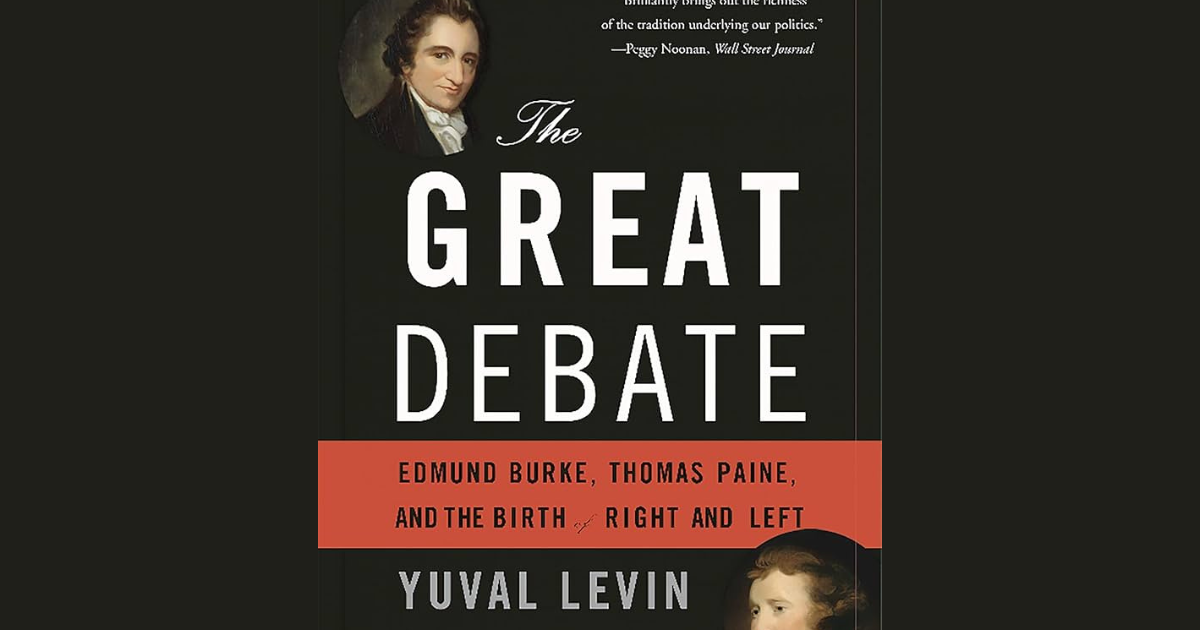
A reflective reading of The Great Debate from a civilisational context and understanding how the political right-left binary pales in comparison to the panoramic metaphysics of dharma.

A review of the film Mahavatar Narasimha, a heartfelt attempt to bring Hindu mythology to life through animation.
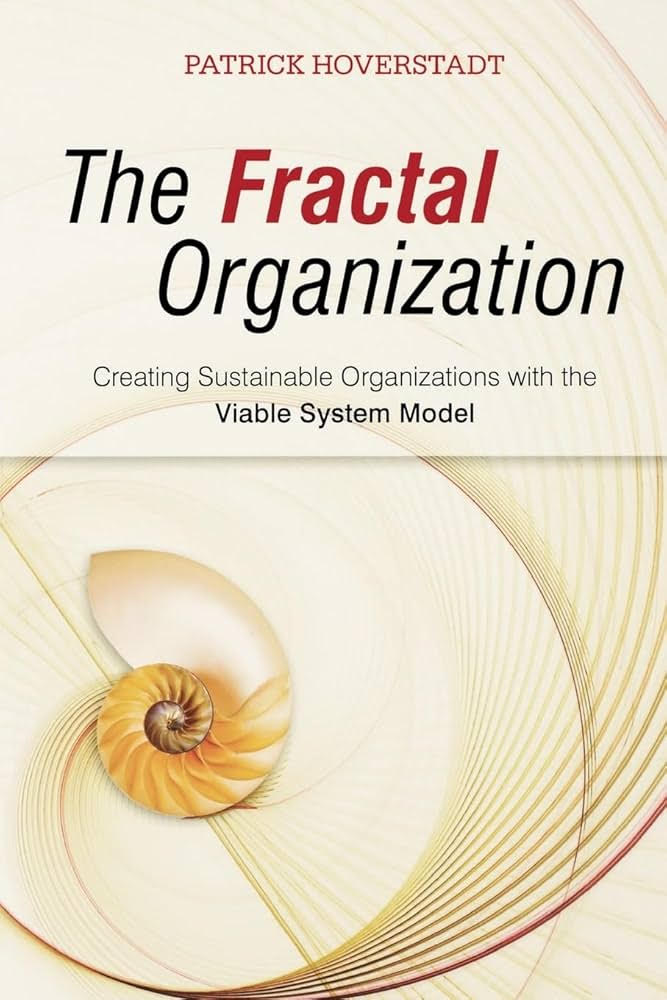
This book review is an overview of Hoverstadt's guide to designing resilient, adaptive organizations using the Viable System Model.
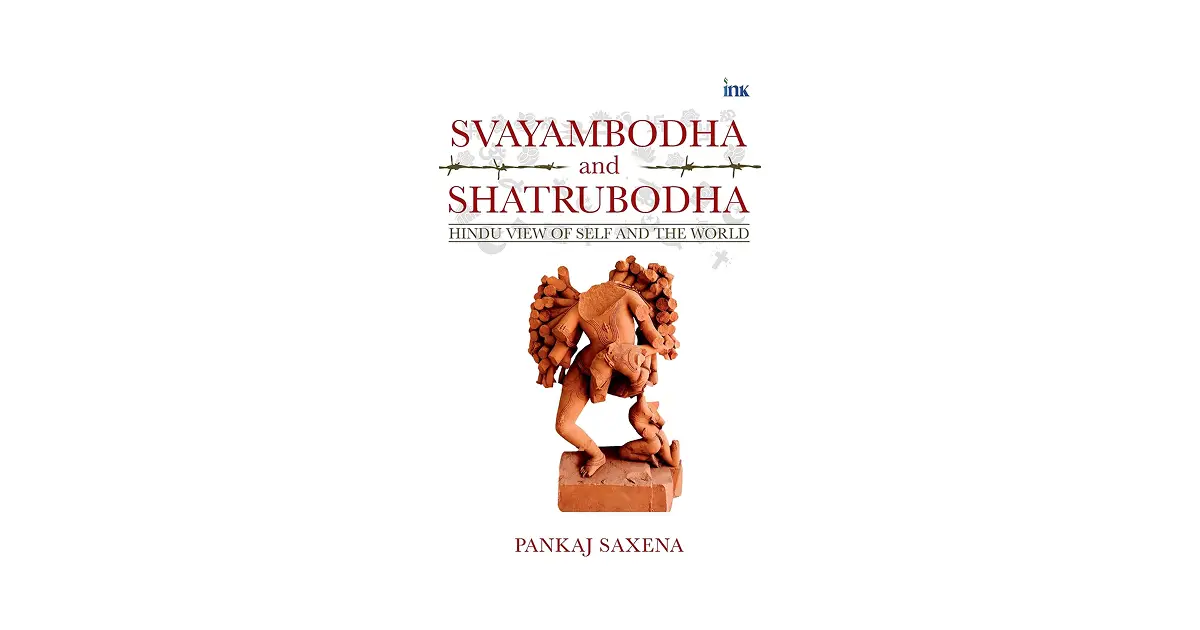
Svayambodha and Shatrubodha by Pankaj Saxena offers a vital framework for Hindus to understand their true identity and civilizational threats, a crucial guide in our current civilizational moment.
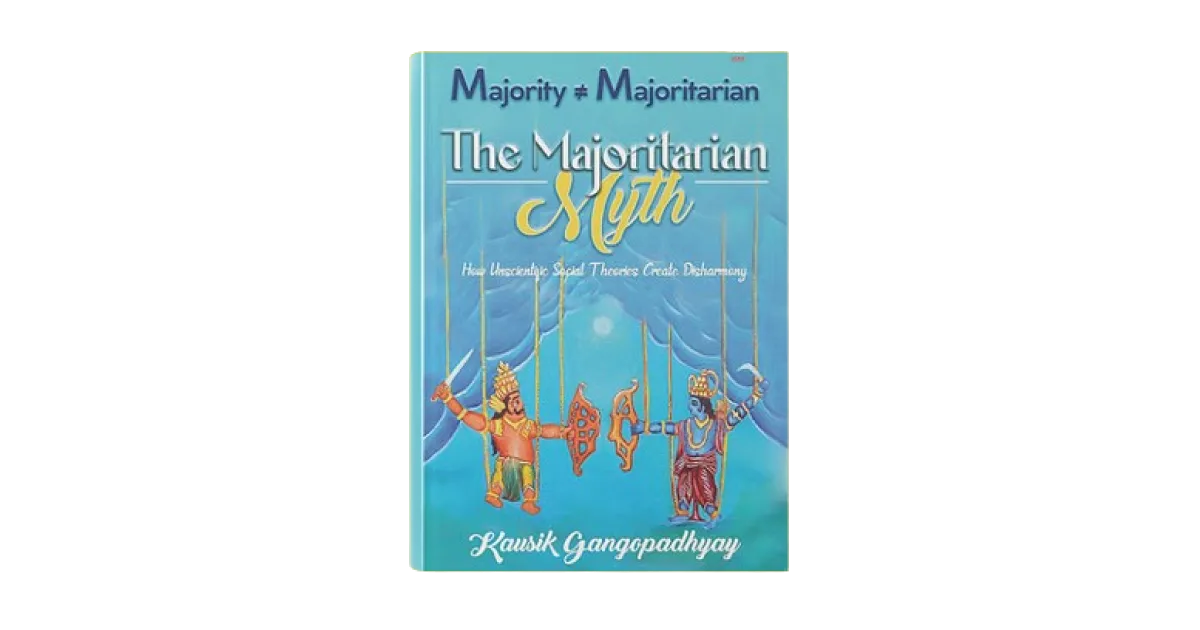
Part 2 of our review of Dr. Kausik Gangopadhyay's book titled 'The Majoritarian Myth - How Unscientific Social Theories Create Disharmony.' This 2-part article series examines how we live in a world where the official public discourse views any event as an expression of the majority oppressing the minority, whether or not this may actually be the case.
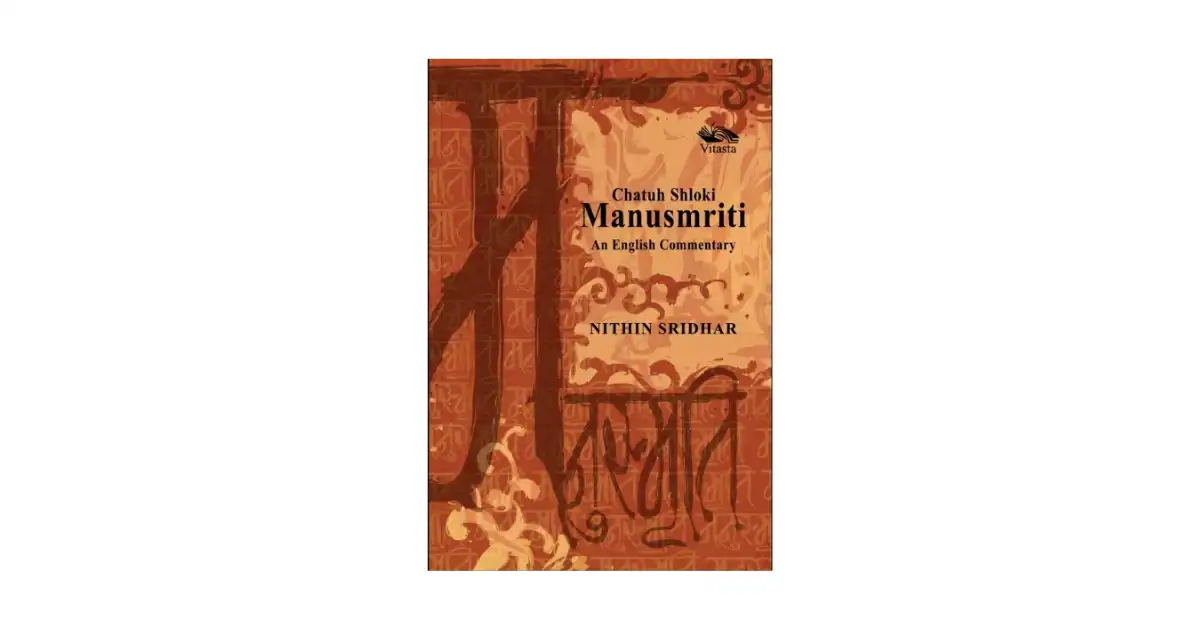
A review of Nithin Sridhar’s Chatuh Ślokī Manusmṛti - An English Commentary, which is a bold and meticulous book that confronts popular misreadings and dispels inherited prejudices. A reclamation of the Dharmaśāstra tradition through a lucid and unapologetically śāstrika lens.

A book review of Aseem Shrivastava's Grammar of Greed - Reflections on a Fatal Ecology. A piercing meditation on modernity’s illusions, ecological estrangement, and the urgent need for introspection and spiritual renewal.
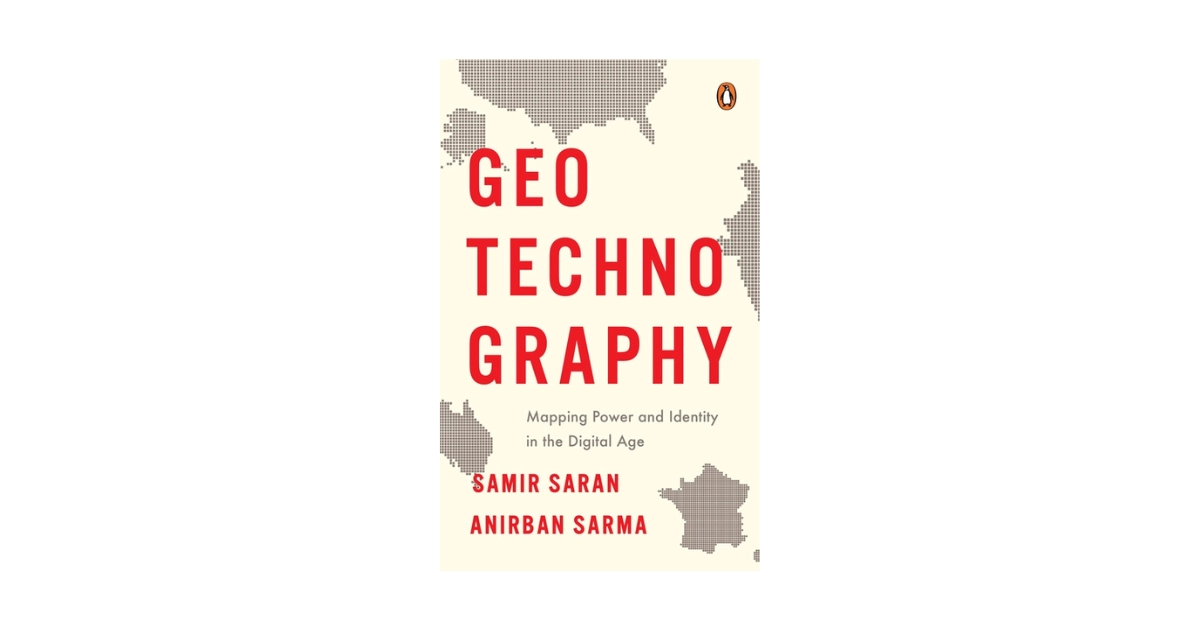
The book 'GeoTechnoGraphy' by Samir Saran and Anirban Sarma serves as a sharp reminder that our tech policy is falling behind. This essay is a review of the same which reflects on how IKS and dhārmika policy can shape a more ethical, grounded digital future.